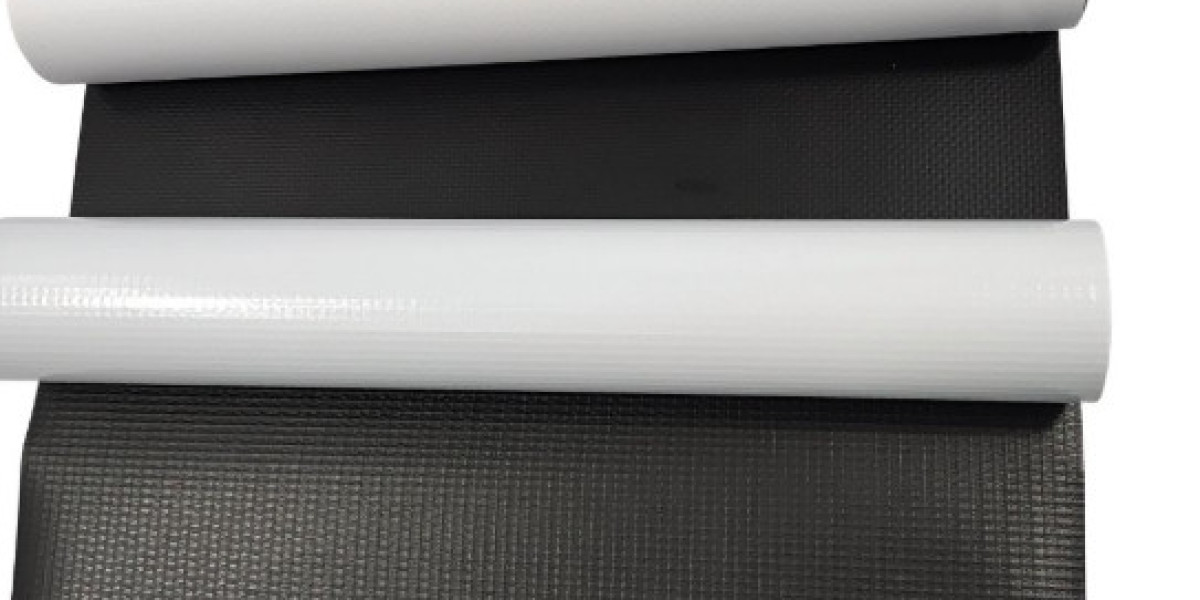? What Is an Essay and Why Does It Matter?
An essay writers https://www.resellerratings.com/store/EssayWriters1 is a focused piece of writing intended to explore, argue, explain, or narrate an idea or experience. While often associated with school assignments, essays extend far beyond the classroom. Journalists write essays to spark public discourse, authors use them to share personal reflections, and thinkers craft them to unravel societal complexities.
The real power of an essay lies in its ability to transform thoughts into structured, compelling narratives. Unlike casual conversation or social media posts, essays demand clarity, logic, and purpose. They reveal not just what the writer thinks but how they think.
Essays typically contain:
- An introduction with a clear thesis
- A body presenting evidence and analysis
- A conclusion that wraps up the argument
When crafted effectively, essays become tools of persuasion, introspection, and insight.
? The Varieties of Essays and Their Functions
There’s no one-size-fits-all essay. Different goals call for different structures, tones, and techniques. Here are five of the most widely used types:
? Narrative Essay
The narrative essay tells a story—often a personal one. It transports readers through a sequence of events while revealing the writer’s feelings or a life lesson.
Example topic: “How I Learned the Importance of Failure”
Tools of narrative writing include:
- First-person voice
- Emotional honesty
- Chronological structure
Narrative essays make abstract ideas tangible through lived experience.
? Descriptive Essay
Descriptive essays bring a scene, object, person, or feeling to life using sensory detail and figurative language.
Example topic: “A Morning in My Grandmother’s Garden”
Effective descriptive writing taps into:
- Imagery
- Similes and metaphors
- Texture, scent, sound, and more
These essays offer immersion more than interpretation.
? Expository Essay
Expository essays explain or inform. These are common in academic settings and require objectivity and precision.
Example topic: “How Bees Contribute to Global Agriculture”
They include:
- Factual data
- Step-by-step reasoning
- Unbiased tone
Clarity reigns supreme in the expository form.
?️ Persuasive Essay
Persuasive essays aim to convince. By using logic, evidence, and emotional appeal, they guide the reader to adopt a certain viewpoint.
Example topic: “Why Public Libraries Deserve Greater Funding”
Success hinges on:
- Well-supported claims
- Refutation of counterarguments
- Strong rhetorical devices
Think of these essays as thoughtful debates on paper.
? Analytical Essay
An analytical essay digs deep into a concept, text, or issue. The goal is interpretation—unpacking what something means and why.
Example topic: “Power and Betrayal in Shakespeare’s ‘Macbeth’”
They focus on:
- Dissection of elements (themes, symbols, structure)
- Close reading and critical thinking
- Evidence drawn directly from the source
This format flexes your ability to examine nuance and complexity.
?️ The Structure of a Brilliant Essay
Every compelling essay has a backbone—a framework that shapes its argument and makes it digestible for the reader.
✨ Introduction
The introduction is your first impression. It sets the tone and stakes for the essay.
Key features:
- A hook (question, quote, shocking fact)
- Background or context
- A thesis statement that presents the central argument
Example thesis:
“Although smartphones have improved communication, they also foster social isolation, especially among adolescents.”
A solid thesis is specific, debatable, and tightly tied to the essay’s goal.
? Body Paragraphs
This is the core of your work. Each paragraph should explore one key idea, starting with a topic sentence and supported by evidence.
Body rules:
- Follow logical order (chronological, thematic, or argumentative)
- Use examples, data, and quotes
- Maintain fluid transitions between sections
Paragraphs should feel like stepping stones—each guiding the reader closer to your main point.
? Conclusion
The conclusion isn’t just a summary—it’s your parting thought. It should echo your thesis, highlight your strongest insights, and offer a broader reflection.
Closing tip:
End with impact. Ask a rhetorical question, offer a call to action, or provide a fresh insight.
Example ending line:
“To harness the benefits of technology, we must first confront the emotional costs of constant connectivity.”
? How to Elevate Your Essay Writing
Mastering essays takes more than grammar and paragraphing—it’s about communicating ideas with precision and creativity.
Here are some pro techniques to refine your work:
- Plan before you write: Outline your thesis and major points.
- Be concise: Say what you mean using the fewest words necessary.
- Balance your tone: Avoid being too casual or overly formal.
- Revise relentlessly: The first draft is rarely the best. Edit for flow, clarity, and logic.
- Read aloud: Hearing your words reveals awkward phrasing and repetition.
A good essay doesn’t just speak—it sings.








